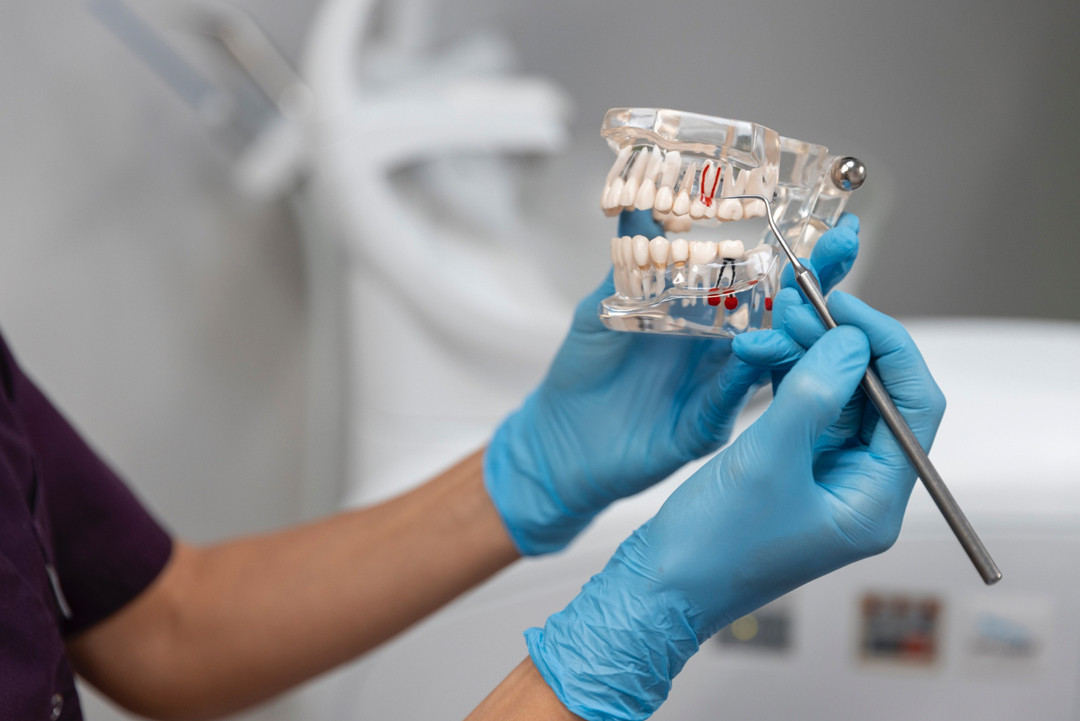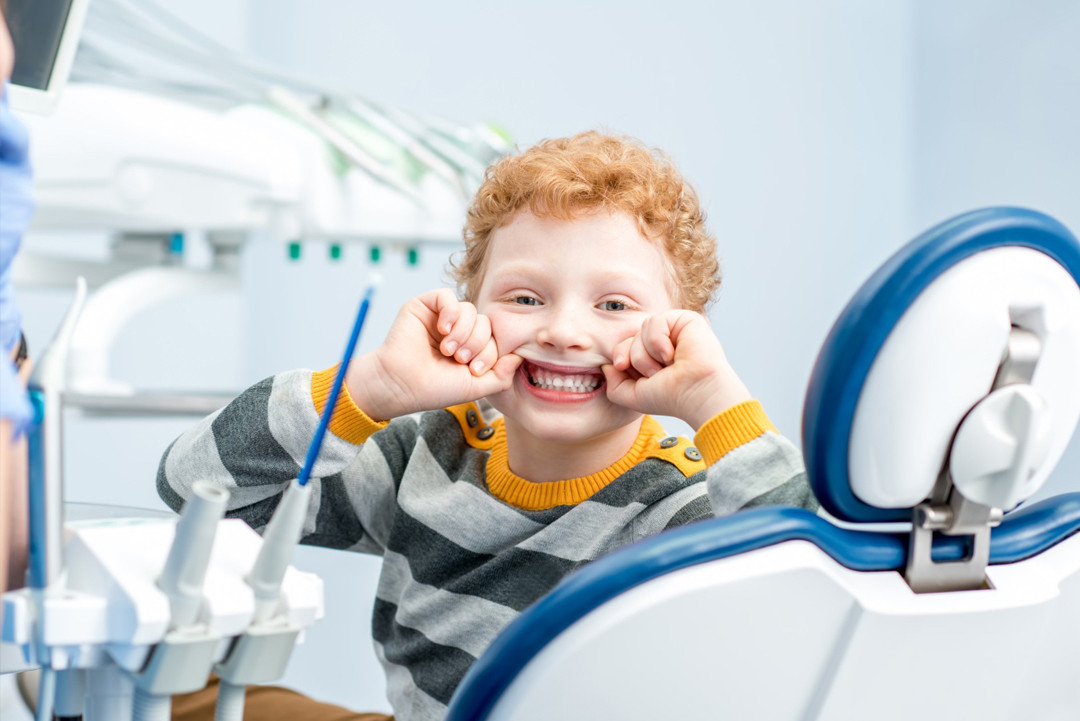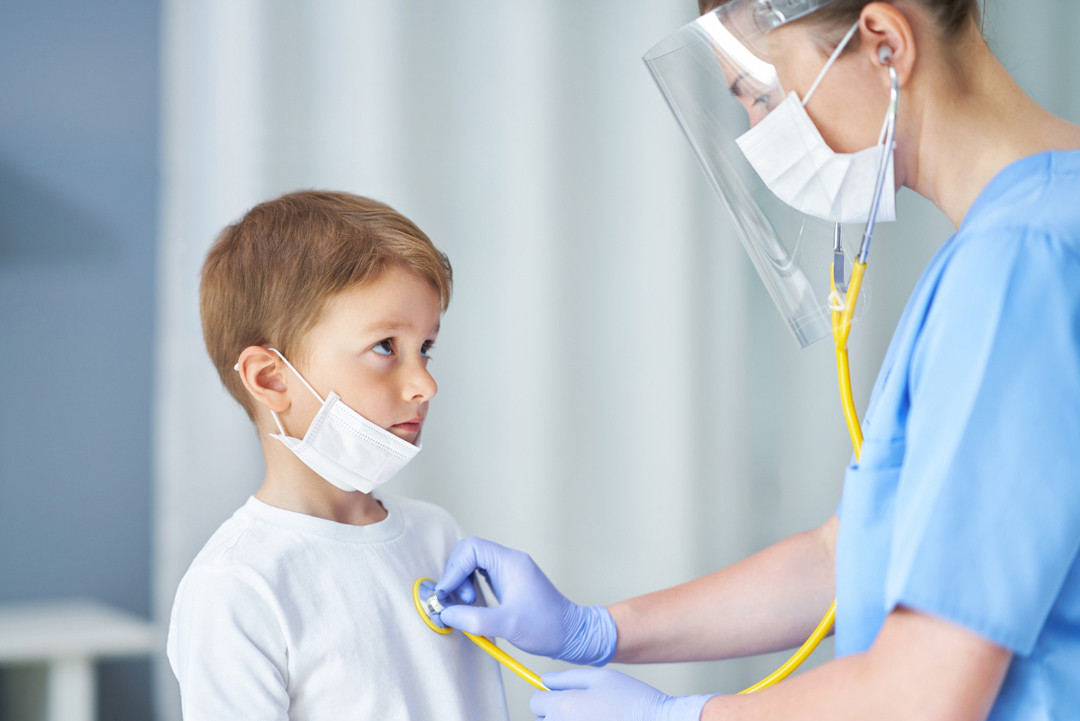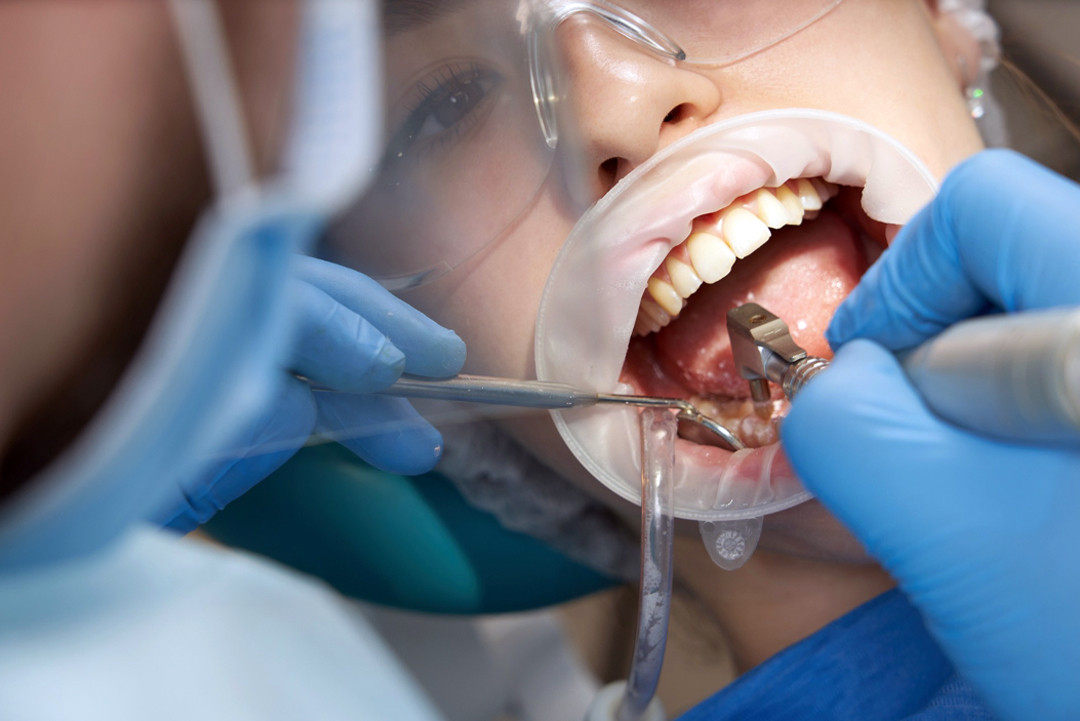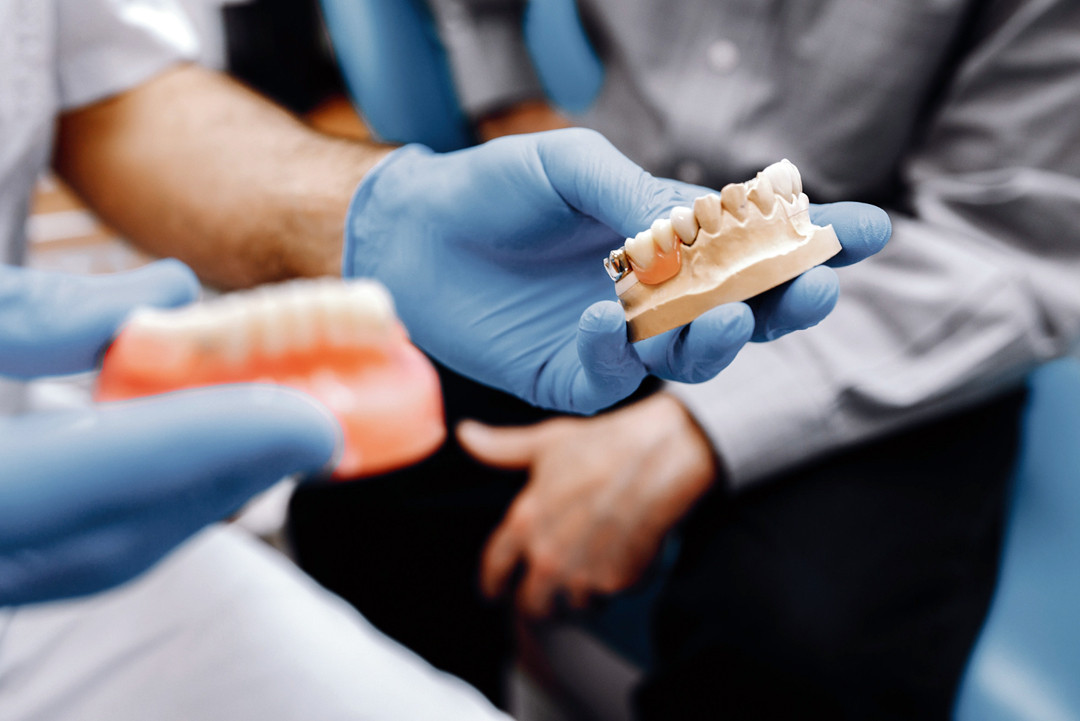Overview of Pediatric and Adolescent Psychiatry
This branch of medicine focuses on the mental health diagnosis, treatment, and care of children, adolescents, and their families. Pediatric psychiatrists are trained medical doctors who specialize in addressing issues like anxiety, ADHD, depression, eating disorders, and other psychiatric conditions. Their work often involves collaboration with other healthcare professionals to provide holistic care.
When to Consult a Pediatric Psychiatrist?
Signs your child may need professional help include:
- Behavioral Changes: Prolonged sadness, anxiety, or emotional instability.
- Academic or Social Decline: Trouble concentrating or functioning in school or social settings.
- Risky Behaviors: Self-harm, substance use, or aggressive tendencies.
- Speech or Developmental Delays: Falling behind peers in communication or motor skills.
- Professional Recommendation: Advice from teachers, pediatricians, or other healthcare providers.
Common Conditions Treated in Pediatric Psychiatry
Developmental and Learning Disorders
- ADHD: Inattention, hyperactivity, and impulsivity treated through medications and behavioral therapy.
- Autism Spectrum Disorder (ASD): Social-communication deficits and repetitive behaviors addressed through therapy and tailored interventions.
- Dyslexia and Learning Differences: Support through specialized education plans.
Mood and Emotional Disorders
- Depression: Characterized by withdrawal, sadness, loss of interest, or suicidal tendencies.
- Anxiety Disorders: Includes phobias, generalized anxiety, and obsessive-compulsive disorder (OCD).
- Bipolar Disorder: Mood cycles of mania and depression.
Behavioral Disorders
- Oppositional Defiant Disorder (ODD): Persistent defiance and hostility toward authority.
- Conduct Disorder: Repetitive patterns of violating social norms or the rights of others.
Trauma and Stress-Related Conditions
- Post-Traumatic Stress Disorder (PTSD): Emotional and psychological responses to traumatic events.
Eating and Sleep Disorders
- Anorexia, Bulimia, Binge Eating: Psychological and physical interventions to restore health.
- Sleep Disorders: Includes insomnia, night terrors, or sleep apnea.
Addictions and Substance Use
- Early intervention for alcohol, drug, or technology addictions.
Treatment Approaches
- Medication Management: Helps alleviate symptoms of anxiety, depression, ADHD, and other conditions.
- Cognitive-Behavioral Therapy (CBT): Short-term, goal-oriented therapy to change negative thought patterns and behaviors.
- Family Therapy: Addresses communication and relationship dynamics within the family unit.
- Play Therapy: Especially effective for younger children, allowing them to express feelings through play.
- Group Therapy: Builds social skills and peer understanding in a supportive environment.
- Behavioral Interventions: Tailored strategies to encourage positive behavior and reduce negative actions.
- Educational Support: Collaboration with schools to create individualized education programs (IEPs).
The Importance of Early Intervention
Early psychiatric care can significantly improve a child’s mental health trajectory, academic success, and overall quality of life. Whether symptoms are mild or severe, consulting a professional ensures your child receives the support they need to thrive.






